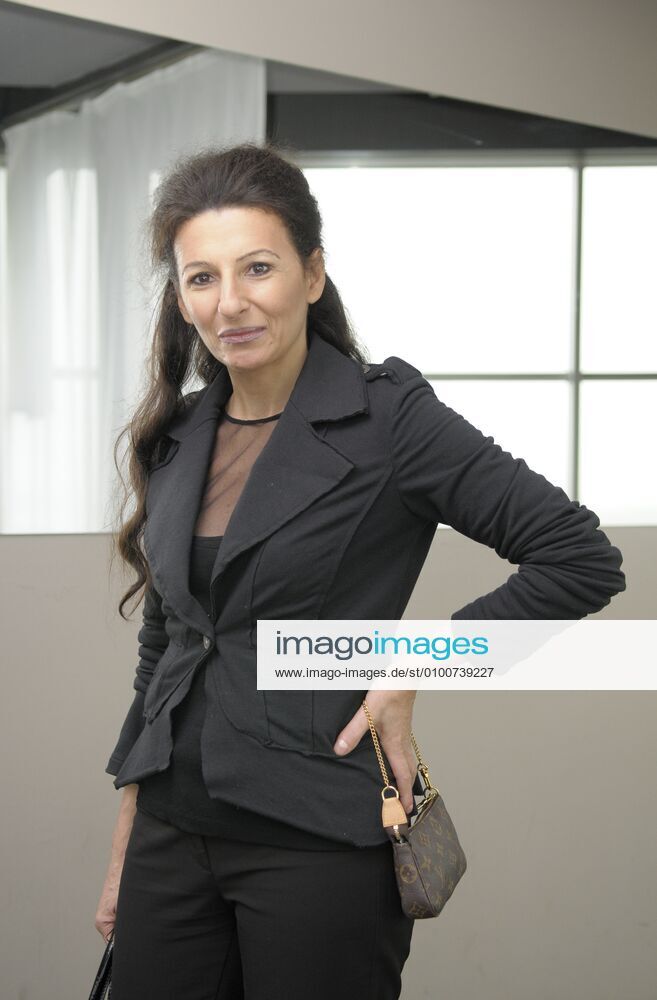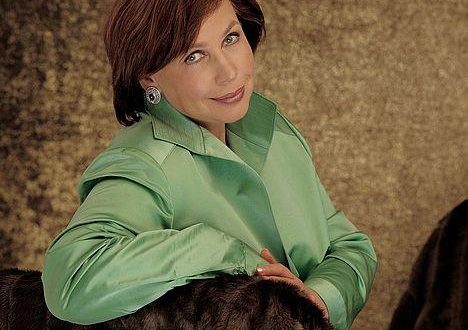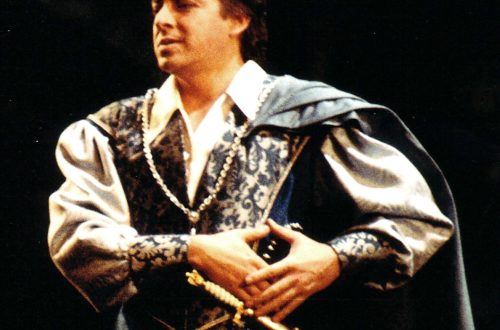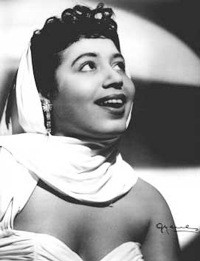
Lucia Aliberti |
Lucia Aliberti
STARS OF THE OPERA: LUCIA ALIBERTI
Lucia Aliberti is first of all a musician and only then a singer. Soprano owns piano, guitar, violin and accordion and composes music. She has almost thirty years of career behind her, during which Aliberti sings on all the prestigious stages of the world. She also performed in Moscow. She is especially appreciated in German-speaking countries and in Japan, where newspapers often devote entire pages to her speeches. Her repertoire consists mainly of operas by Bellini and Donizetti: Pirate, Outlander, Capuleti and Montecchi, La sonnambula, Norma, Beatrice di Tenda, Puritani, Anna Boleyn, L’elisir d’amore , Lucrezia Borgia, Mary Stuart, Lucia di Lammermoor, Roberto Devereux, Linda di Chamouni, Don Pasquale. She also performs in Rossini and Verdi roles. In Germany, she was proclaimed the “Queen of Bel Canto”, but in her homeland, in Italy, the prima donna is much less popular. Former tenor and popular opera host The barcaccia on the third channel of the Italian radio, Enrico Stinkelli devoted many caustic, if not insulting statements to her. According to this ruler of thoughts (there is no opera lover who does not turn on the radio every day at one in the afternoon), aliberti imitates Maria Callas immensely, tastelessly and godlessly. Alessandro Mormile talks to Lucia Aliberti.
How do you define your own voice and how do you defend yourself against accusations of imitating Maria Callas?
Some features of my appearance are reminiscent of Callas. Like her, I have a huge nose! But as a person, I am different from her. It is true that there are similarities between me and her from a vocal point of view, but I think that accusing me of imitating is unfair and superficial. I think that my voice is similar to the voice of Callas in the highest octave, where the sounds differ in power and sheer drama. But as for the central and lower registers, my voice is completely different. Callas was a dramatic soprano with coloratura. I consider myself a lyric-dramatic soprano with coloratura. I will express myself more clearly. My dramatic emphasis is in expressiveness, and not in the voice itself, like Callas’s. My center is reminiscent of a lyric soprano, with its elegiac timbre. Its main characteristic is not pure and abstract beauty, but lyrical expressiveness. The greatness of Callas is that she gave the romantic opera with its elegiac passion, almost material fullness. Other prominent sopranos who succeeded her paid more attention to the bel canto proper. I have the impression that today some roles have returned to light sopranos and even soubrette type coloratura. There is a risk of taking a step back in what I consider to be the truth of expressiveness in some of the operas of the early nineteenth century, to which Callas, but also Renata Scotto and Renata Tebaldi, brought back dramatic persuasiveness and at the same time stylistic precision.
Over the years, how have you worked to improve your voice and make it more refined?
I must frankly say that I have always had difficulties in controlling the uniformity of the registers. At first I sang, trusting my nature. Then I studied with Luigi Roni in Rome for six years and then with Alfredo Kraus. Kraus is my real teacher. He taught me to control my voice and to know myself better. Herbert von Karajan also taught me a lot. But when I refused to sing Il trovatore, Don Carlos, Tosca and Norma with him, our cooperation was interrupted. However, I know that shortly before his death, Karajan expressed a desire to perform Norma with me.
Do you now feel like the owner of your own possibilities?
Those who know me say that I am my first enemy. That is why I am rarely satisfied with myself. My sense of self-criticism is sometimes so cruel that it leads to psychological crises and makes me dissatisfied and unsure of my own abilities. And yet I can say that today I am in the prime of my vocal abilities, technical and expressive. Once upon a time my voice dominated me. Now I control my voice. I think the time has come to add new operas to my repertoire. After what is called Italian bel canto, I would like to explore big roles in early Verdi operas, starting with The Lombards, The Two Foscari and The Robbers. I have already been offered Nabucco and Macbeth, but I want to wait. I would like to keep the integrity of my voice for years to come. As Kraus said, the age of the singer does not play a role on stage, but the age of his voice does. And he added that there are young singers with an old voice. Kraus remains an example for me of how to live and sing. He should be an example for all opera singers.
So, you do not think of yourself outside the pursuit of excellence?
Striving for perfection is the rule of my life. It’s not just about singing. I believe that life is unthinkable without discipline. Without discipline, we risk losing that sense of control, without which our society, frivolous and consumerist, can fall into disarray, not to mention lack of respect for one’s neighbor. That is why I consider my vision of life and my career outside of the usual standards. I am a romantic, a dreamer, a fan of art and beautiful things. In short: an esthete.
Interview with Lucia Aliberti published by the magazine the work
Translation from Italian
Debut at the Spoleto Theater (1978, Amina in Bellini’s La Sonnambula), in 1979 she performed this part at the same festival. Since 1980 at La Scala. At the 1980 Glyndebourne Festival, she sang the part of Nanette in Falstaff. During the 80s she sang in Genoa, Berlin, Zurich and other opera houses. Since 1988 at the Metropolitan Opera (debut as Lucia). In 1993 she sang the part of Violetta in Hamburg. In 1996 she sang the title role in Bellini’s Beatrice di Tenda in Berlin (German State Opera). Among the parties are also Gilda, Elvira in Bellini’s The Puritans, Olympia in Offenbach’s Tales of Hoffmann. Recordings include the part of Violetta (conductor R. Paternostro, Capriccio), Imogene in Bellini’s The Pirate (conductor Viotti, Berlin Classics).
Evgeny Tsodokov, 1999





